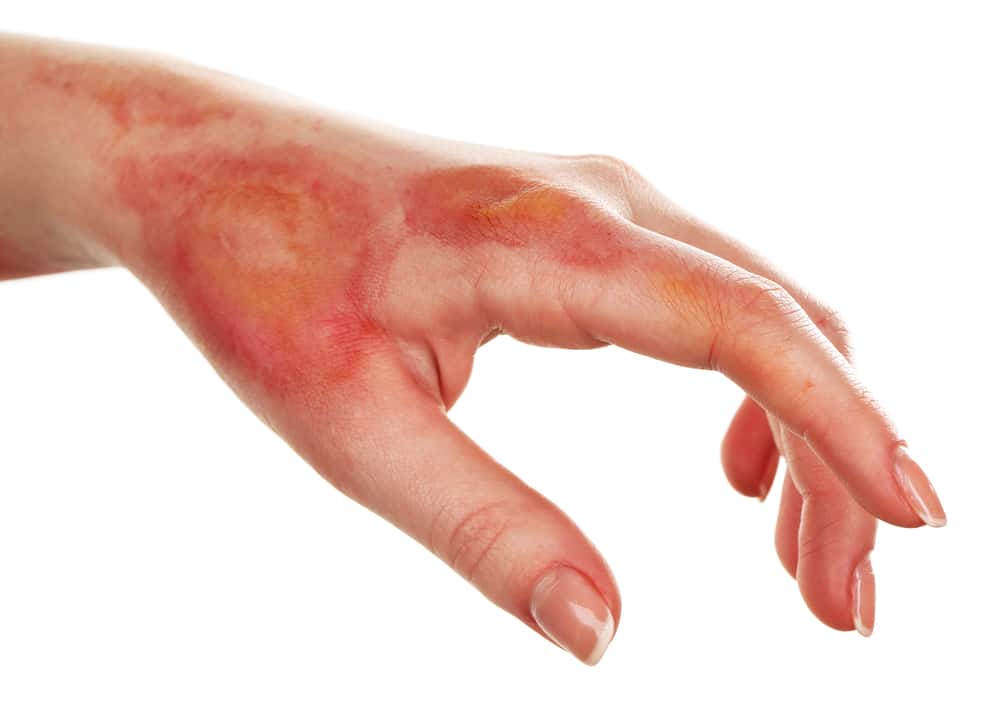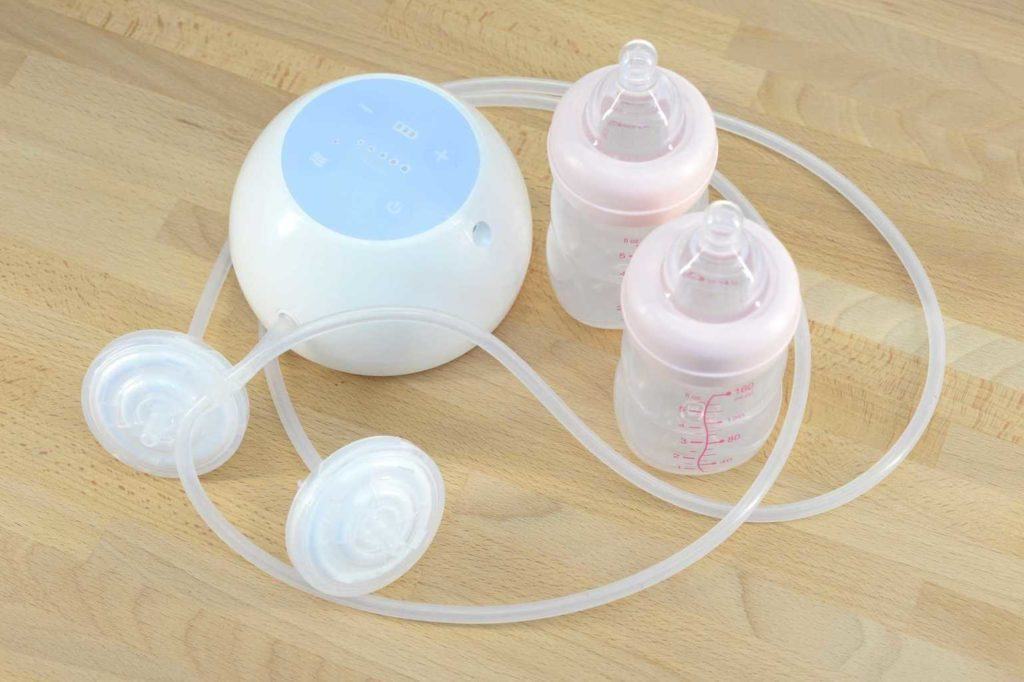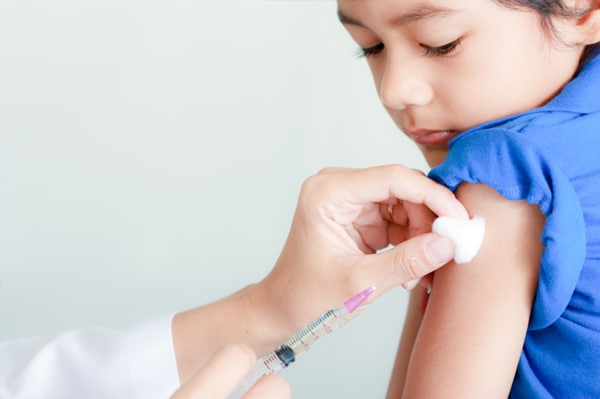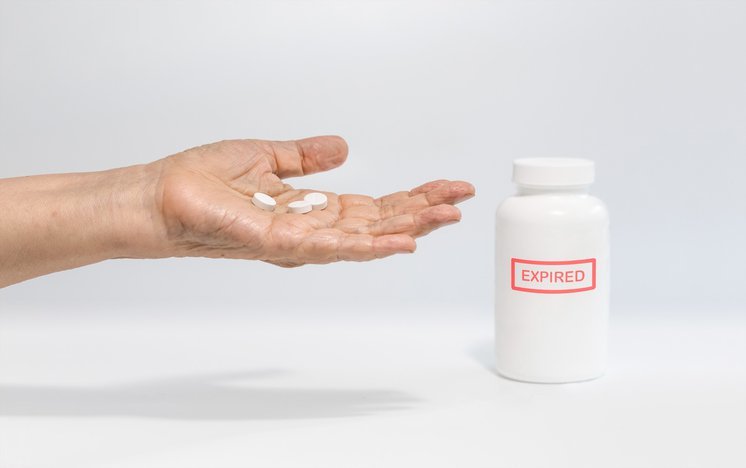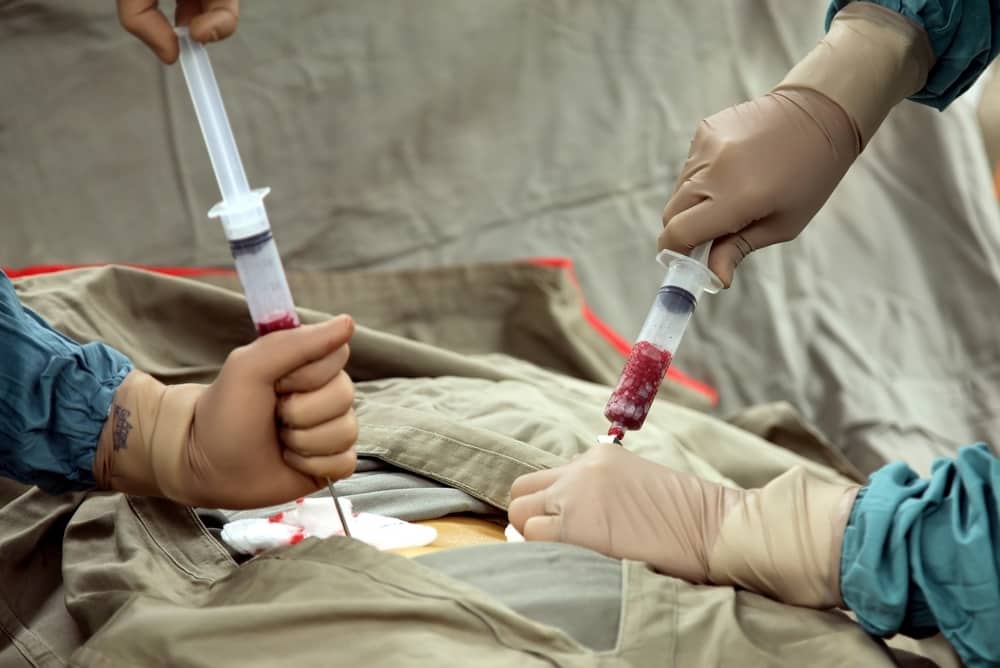Contents:
- Medical Video: Antibiotics & your baby: what you need to know
- How can antibiotic immunity occur?
- Is immunity to this antibiotic dangerous?
- Why don't we use new antibiotics for treatment?
- What can we do to prevent antibiotic resistance?
- What can the community do?
- What can health workers do?
Medical Video: Antibiotics & your baby: what you need to know
In 1960, a surgeon in America said a well-known sentence in his time: "It's time to close the book from infectious diseases, and declare victory over war against the plague". The discovery of penicillin antibiotics by Alexander Fleming, and its success in treating infectious wounds in the second world war, became a happy news in the world of health.
Unfortunately, this joyous news does not last long. Four years later, penicillin was unable to treat all infected wounds, and a new problem arose: antibiotic resistance. Antibiotic resistance, aka immunity to antibiotics, is the ability of bacteria to resist the effects of drugs, as a result of which bacteria do not die after antibiotics are given. Now 46 years have passed, and it seems we are still far away from being able to avoid infectious diseases.
How can antibiotic immunity occur?
When someone is sick and given antibiotics, normally the bacteria will die because of the drug. But in some cases, some bacteria will mutate and form resistance to antibiotics. These bacteria will then multiply, and create a resistant colony of bacteria, and can be transmitted to other individuals. Some ways bacteria form resistance include:
- Producing enzymes that can damage antibiotics
- Changes in bacterial cell walls / membranes, so the drug cannot enter
- Changes in the number of drug receptors in bacterial cells, so the drug cannot bind
- And others.
Is immunity to this antibiotic dangerous?
The prevalence of resistant or invulnerable bacteria has soared in recent years, and new resistance mechanisms continue to be discovered and spread throughout the world. A list of infections with bacteria that already have resistance abilities is pneumonia, tuberculosis, gonorrhea, and continues to grow. This causes treatment that is increasingly difficult, and sometimes until it cannot be treated.
This condition is further exacerbated by the ease of purchasing antibiotics, even without a doctor's prescription in several countries. In some countries without standard treatment, antibiotics are often prescribed without clear indications. This adds to the burden of existing antibiotic resistance.
Resistance causes increased treatment costs, longer treatment times and hospitalizations, and higher mortality rates. Research conducted by the WHO concluded that infection mortality rates E. coli 2-fold higher in resistant bacteria than non-resistant bacteria. In pneumonia infections, this number ranges in 1.9-fold, and 1.6-fold in infections S. aureus. In Europe, 25,000 deaths are caused by resistant infections each year, and cause losses of more than US $ 15 million for health costs and lost work productivity. Antibiotic resistance caused an increase in inpatient time by an average of 4.65 days, and ICU treatment time of 4 days.
Why don't we use new antibiotics for treatment?
In 2005, the FDA stated that there had been a decline in the discovery of new antibiotics in the past decade. This is because the discovery of new antibiotics requires a lot of time and money. Funds around 400-800 million US $ are needed for the discovery of one antibiotic. In addition, research to find a drug also takes a long time, to several stages before finally a drug can be mass produced.
What can we do to prevent antibiotic resistance?
The discovery of new antibiotics to fight resistance will be in vain, if not accompanied by our actions to prevent re-occurrence.
What can the community do?
- Preventing infection, by maintaining cleanliness, washing regularly properly, vaccinating.
- Take antibiotics only if prescribed by a doctor or health worker.
- Always spend antibiotics.
- Never use residual antibiotics.
- Don't use antibiotics with other people.
What can health workers do?
- Prevent infection by washing hands, washing medical instruments and maintaining a clean work environment.
- Check the patient's vaccination status, whether it's complete or not.
- If a suspicion of bacterial infection is found, it is better to confirm with a laboratory examination or culture.
- Prescribe antibiotics only if really needed.
- Prescribe antibiotics with the right dosage, the right method of administration, the time and duration of the appropriate administration.
READ ALSO:
- Is Taking Antibiotics When Pregnant Cause Cerebral Palsy and Epilepsy?
- Does Antibiotics Affect Blood Pressure?
- Is It Really Not Allowed to Take Medication With Milk or Tea?



